Climate at the Dinner Table - Informed Climate Discussions
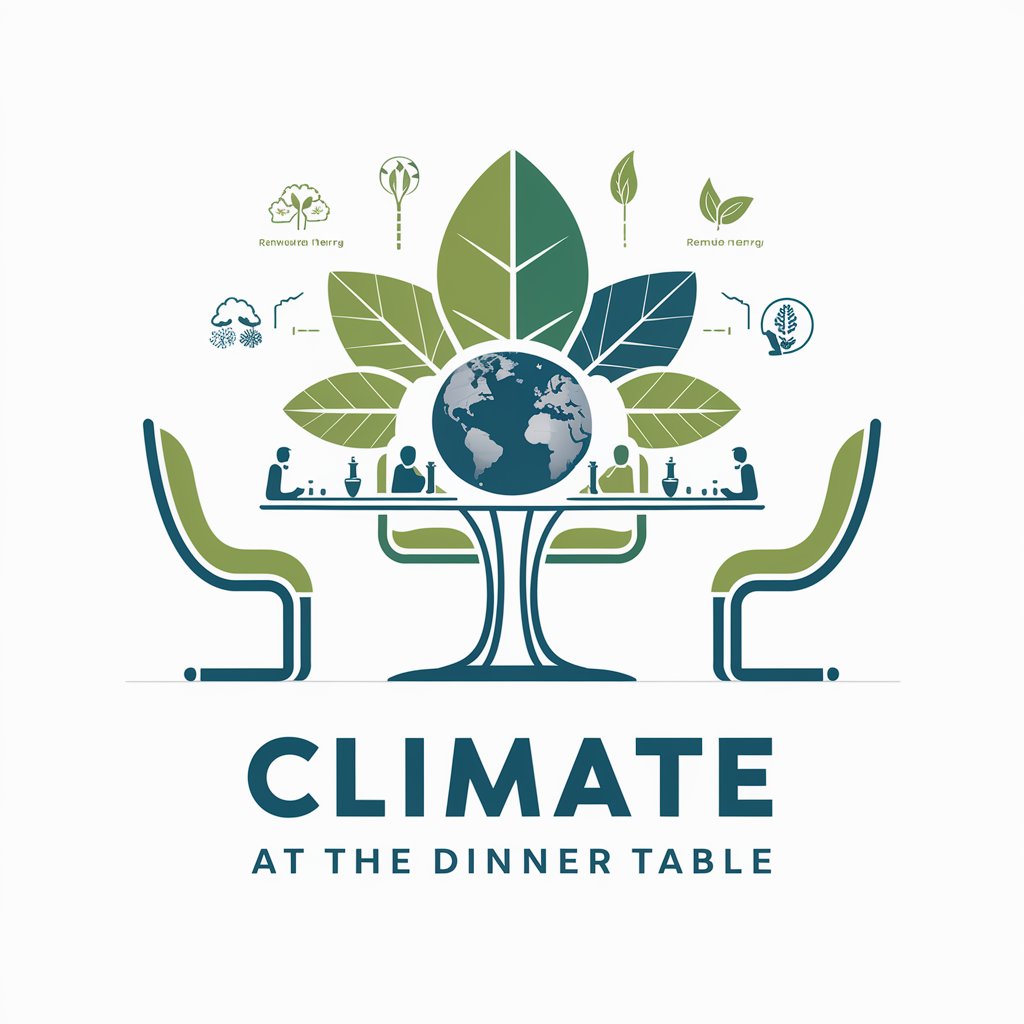
Welcome! Let's dive into climate change discussions.
Empowering climate conversations with AI
What are the main causes of climate change?
How can individuals reduce their carbon footprint?
What role do governments play in combating climate change?
What are some innovative solutions to address climate change?
Get Embed Code
Understanding Climate at the Dinner Table
Climate at the Dinner Table is designed to foster informed discussions about climate change in a conversational, accessible manner. Its primary goal is to engage users in meaningful dialogue on the complexities, responses, and challenges associated with climate change, following a chapter-based framework. This framework focuses on different aspects of climate change, from scientific underpinnings to societal responses and the hurdles in addressing it. An example scenario might involve a family discussing the impact of their dietary choices on the environment, using insights and data provided by this service to understand the broader implications of their decisions. Powered by ChatGPT-4o。

Core Functions of Climate at the Dinner Table
Informative Discussions
Example
Providing up-to-date, scientifically accurate information on climate change topics.
Scenario
During a dinner conversation about renewable energy, Climate at the Dinner Table can offer insights into how solar panels work, their benefits, and their role in reducing carbon emissions.
Source Referencing
Example
Directing users to reputable sources for deeper understanding.
Scenario
If a discussion arises about the credibility of climate change data, this service can guide users to authoritative sources like the IPCC, explaining its role and the reliability of its reports.
Facilitating Dialogue
Example
Encouraging questions and exploration on climate-related topics.
Scenario
When debating the effectiveness of international climate agreements, it can provide context, encourage critical thinking, and suggest points for further discussion, promoting a more nuanced conversation.
Who Benefits from Climate at the Dinner Table?
Families and Friends
Individuals looking to incorporate meaningful discussions on climate change into their everyday conversations, aiming to raise awareness and foster understanding among peers.
Educators and Students
Teachers seeking to integrate current, real-world examples of climate science and policy into their curriculum, and students who wish to broaden their understanding of environmental issues through dialogue.
Community Groups
Local organizations and clubs interested in promoting environmental literacy and action among their members, using this tool to spark informed discussions and collaborative learning.

How to Use Climate at the Dinner Table
1
Start by visiting yeschat.ai to explore Climate at the Dinner Table with a free trial, no login or ChatGPT Plus subscription required.
2
Choose a chapter or topic related to climate change that interests you, from understanding the science behind it to exploring solutions and addressing challenges.
3
Pose your questions or share your thoughts on the topic. Be specific to get the most comprehensive and relevant information.
4
Engage with the provided information and follow-up questions or prompts to deepen your understanding and stimulate further discussion.
5
Use the suggested resources and links to reputable sources for extended learning or to validate the information shared during your discussion.
Try other advanced and practical GPTs
Streamer Assistant
Empowering streams with AI-driven advice

Python Data Wizardry with Pandas
Transform data into insights with AI-powered Pandas.
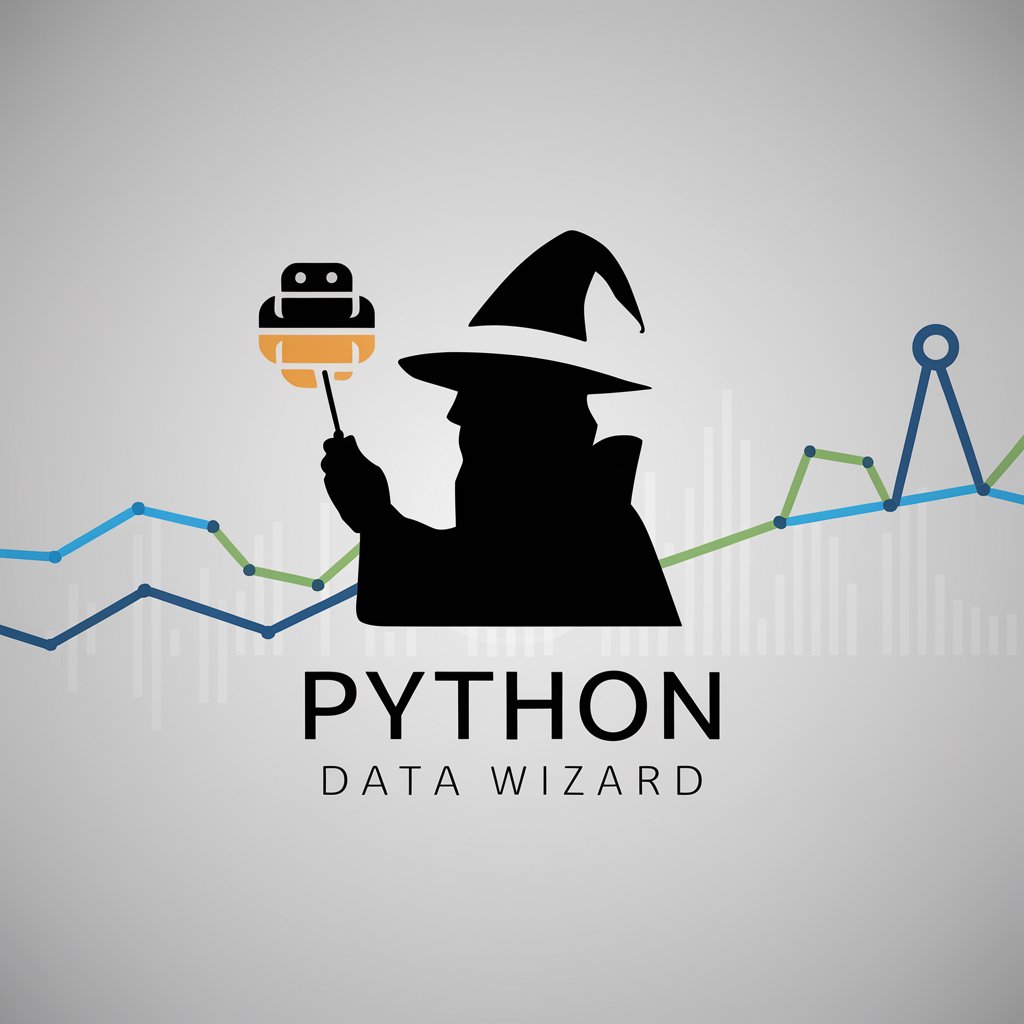
C# and AI: Crafting the Future of Intelligent Code
Empowering C# with AI Capabilities

Python Multiprocessing: Harness the CPU Power
Unlock parallel computing with AI

JavaScript Performance Tuning: Speed Up Your Code
Optimize JavaScript with AI-driven insights

Javascript Memory Leak Solver's Guide
AI-driven JavaScript memory leak resolution.

💻 Dynamic Typing with Groovy
Harness the power of AI-driven dynamic Groovy scripting.

With Prompt Generator
Enhance ChatGPT Responses with AI-Powered Prompt Assistance
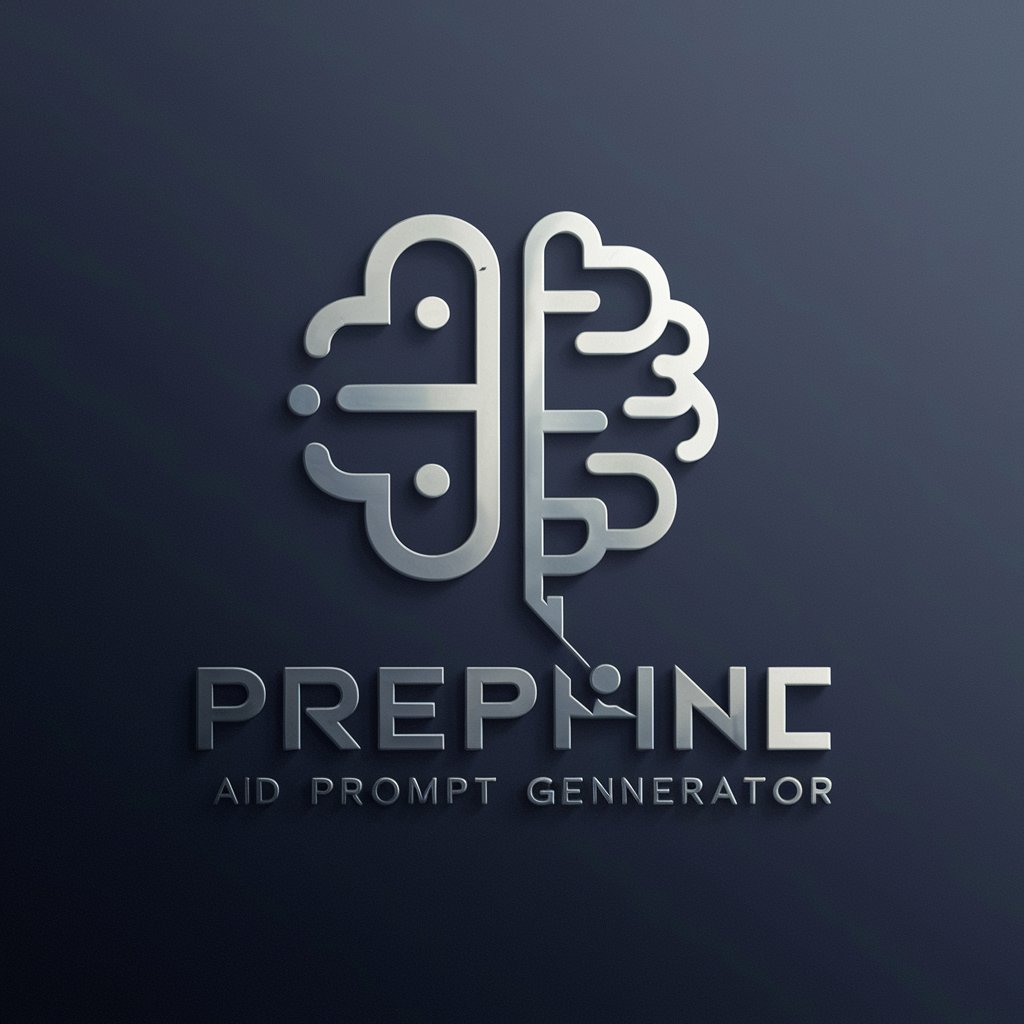
Cloud Architect Guide
Empowering cloud architecture with AI
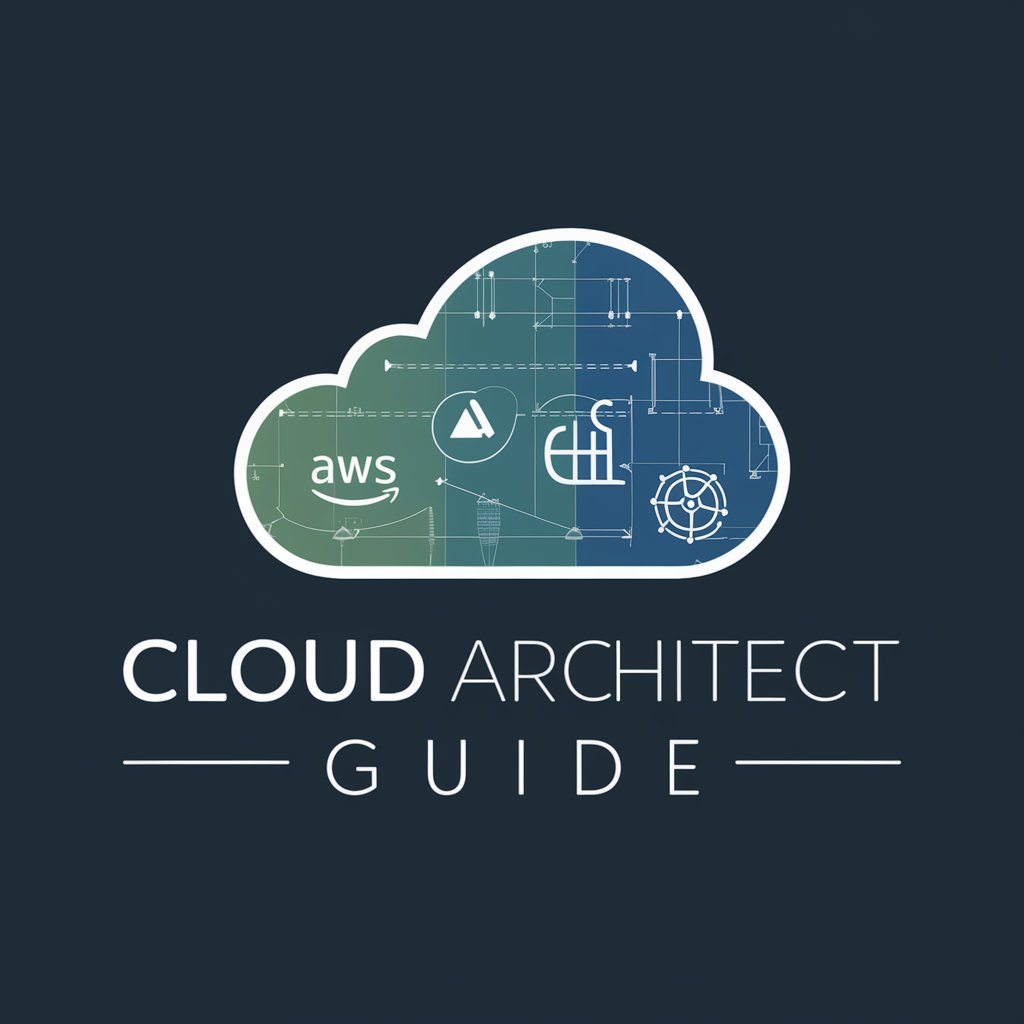
Spring Boot Cloud Architect
Architecting Cloud Solutions with AI
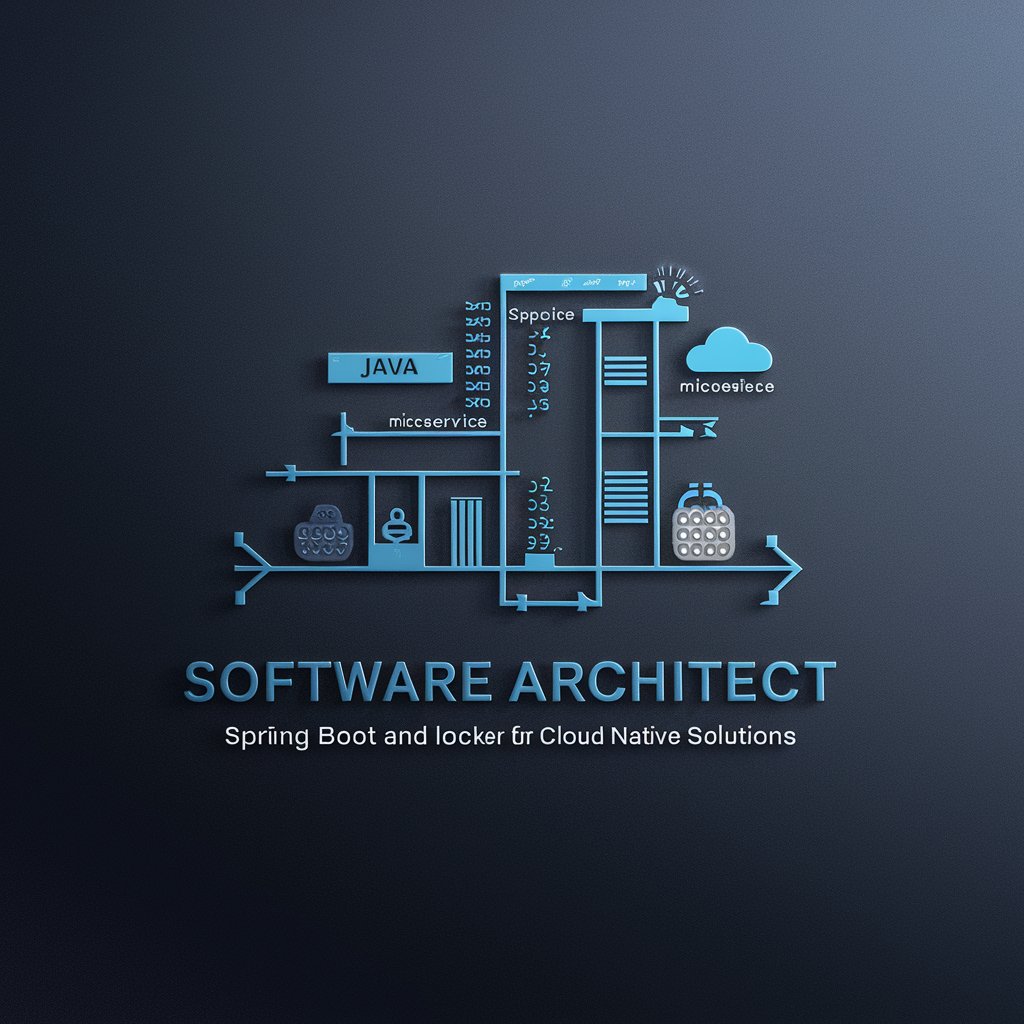
Proofreading Assistant GPT
Refine Your Writing with AI

reSEARCHER
Unlock insights with AI-powered semantic search
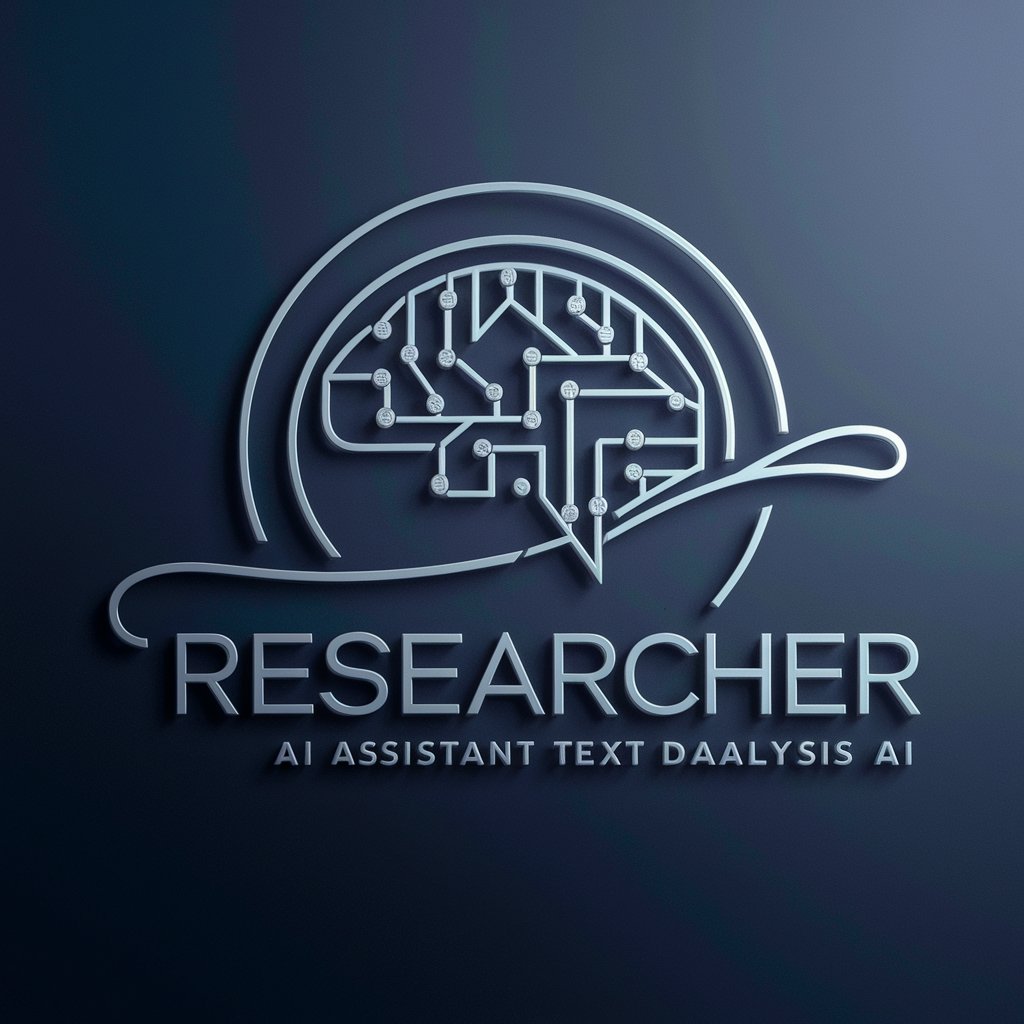
Climate at the Dinner Table Q&A
What makes Climate at the Dinner Table unique?
It's designed to facilitate informed discussions on climate change, structuring conversations around specific chapters or topics and providing links to authoritative sources for accurate information.
Can I use this tool for school projects?
Absolutely! Climate at the Dinner Table is perfect for academic writing, research projects, and any educational activity that requires a deep understanding of climate change topics.
How updated is the information provided?
The tool uses the latest research and data from reputable sources, including scientific studies and reports, to ensure the information is current and accurate.
Can this tool help in making lifestyle changes for better environmental impact?
Yes, it offers insights and information on sustainable practices and solutions that individuals can adopt to reduce their carbon footprint and make a positive environmental impact.
Is Climate at the Dinner Table suitable for all ages?
The content is presented at an 8th to 9th-grade reading level, making it accessible and engaging for middle school students upwards, including adults seeking to learn more about climate change.
